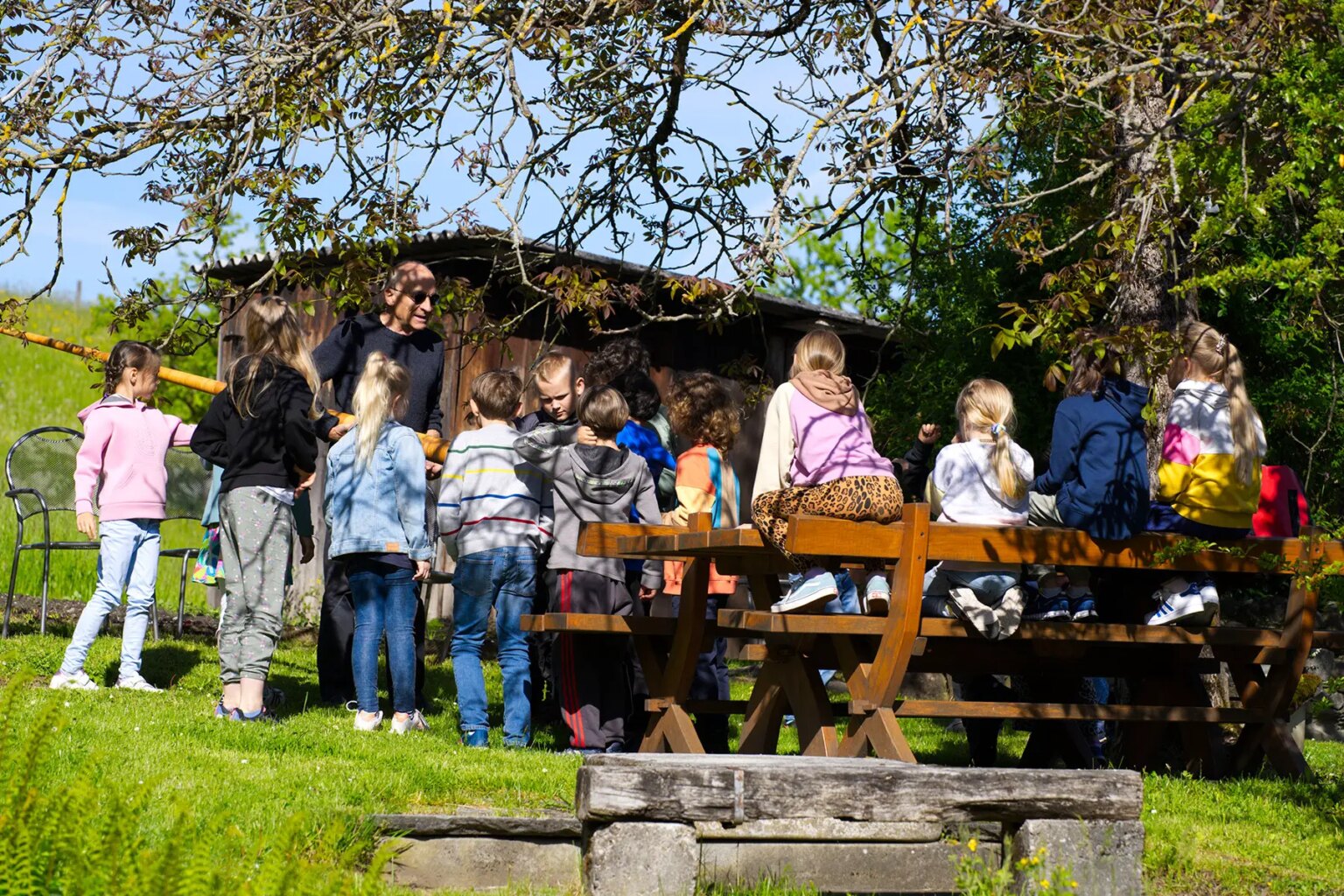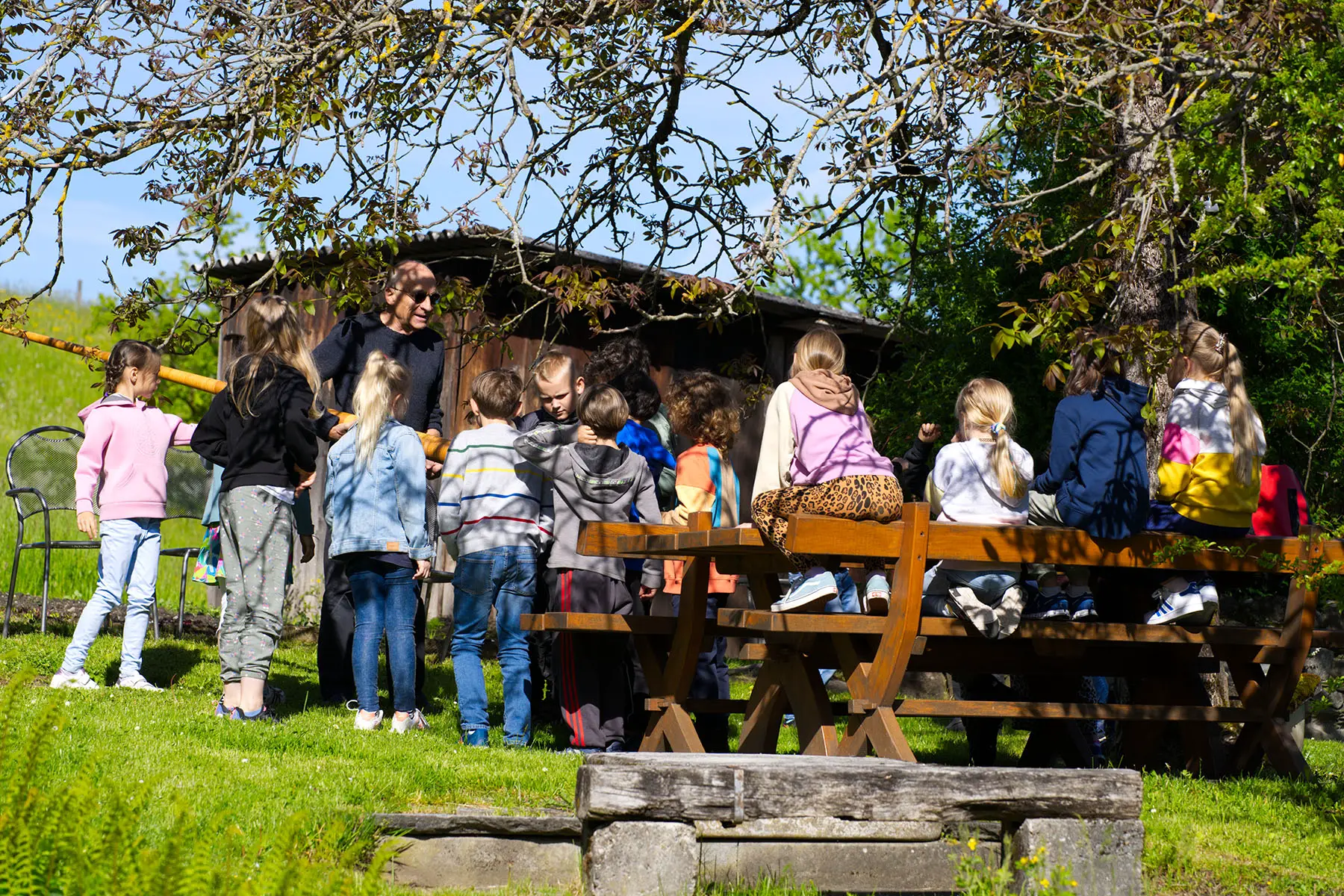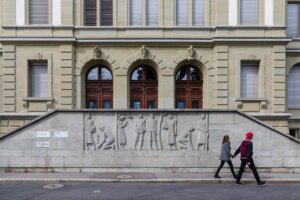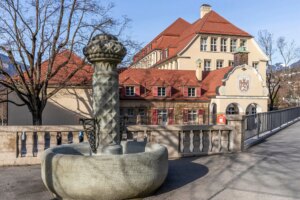If you are moving to Switzerland with children, you’ll have your pick of quality public, private, and international schools. Some international schools are bilingual or multilingual, for example, the Swedish International School of Geneva. Many also offer the coveted International Baccalaureate (IB) diploma or British or American curriculums. So, you’ll have many options whether you’re in Geneva, Bern, or anywhere else in the country.
If you feel overwhelmed finding an international school for your children in Switzerland, this helpful article covers all the basics, including:
Inter-Community School Zurich
Looking for an international school in Zurich? Why not consider the Inter-Community School Zurich (ICS)? Established as Zurich's first international school, ICS offers students from 18 months to 18 years an encouraging, globally-minded English-speaking education. If you want the best start for your children in Zurich, enrol them at ICS.
The Swiss education system
The education system in Switzerland is rated as one of the best in the world, with public schools offering a high standard of teaching. The State Secretariat for Education, Research, and Innovation (SERI) is the federal body that oversees education in Switzerland. However, each of the 26 Swiss cantons (or administrative regions) has primary responsibility for its education. As such, each canton determines its education department, school calendar, education structure, methods of teaching, and curriculums.
For instance, school is compulsory from ages four or six to 15 as the school start age depends on the regulating canton; kindergarten is not mandatory in all regions.
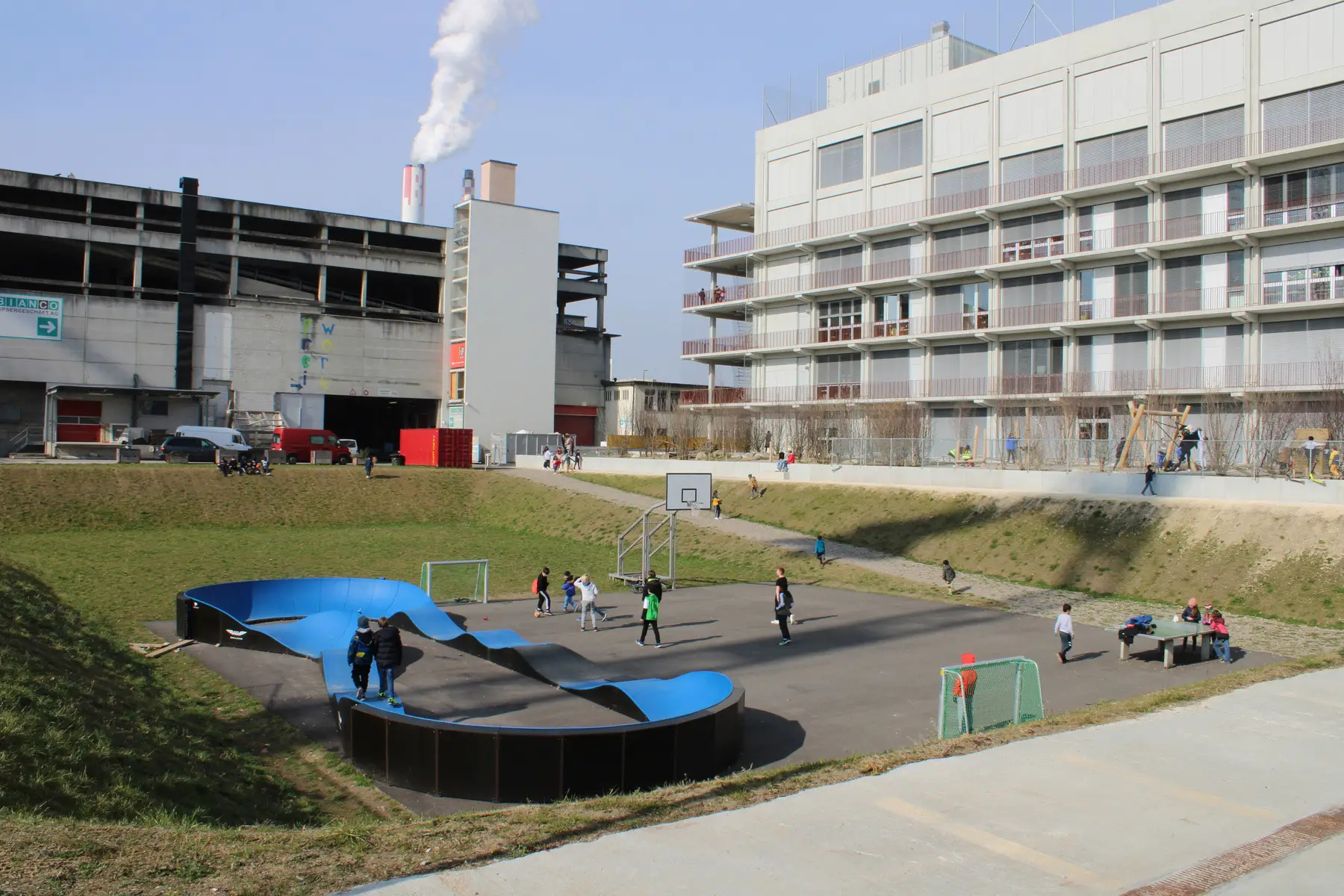
The Swiss education system divides into three sections. Pupils begin with primary (elementary) education, then transition to lower secondary education (junior high), and on to upper secondary education (senior high). After nine years of compulsory education, around 15, adolescents can continue to the upper secondary level, up to 18. Although this is optional, more than 90% of Swiss students choose to do this. Upper secondary education is split into general education and vocational schools; therefore, students have to decide which track to take.
International schools in Switzerland
With a reputation for high teaching standards and strict discipline, Swiss international schools are among the best in the world. Some 44 of these are members of the Swiss Group of International Schools (SGIS).
- Academia International School (Basel, Winterthur, & Zurich)
- Swiss British School of Basel (ELA Basel)
- Inter-Community School of Zurich (ICS)
- International School Basel (ISB)
- International School Lausanne (ISL)
- International School Zurich North (ISZN)
Outside of this group are many other schools offering an international education, such as Ecole Mosaic.
Teaching methods include Montessori, Steiner, and Kumon education and other country curriculums, such as United Kingdom (UK), United States (US), Germany, France, and Japan.
Types of international schools
Most international schools in Switzerland offer the International Baccalaureate (IB) diploma or one of the other three IB programs:
- Primary Years
- Middle Years
- Career-related
Some schools follow the UK national curriculum, leading to the International General Certificate of Secondary Education (IGCSE) and A-Levels. Furthermore, various schools offer the US High School Diploma and Advanced Placement (AP), Swiss Matura/Maturité, German Abitur, and French Baccalaureate.
International Primary Curriculum (IPC)
Children aged 5 to 11 can follow the globally recognized International Primary Curriculum (IPC), which places an emphasis on helping students develop a global mindset. The IPC teaches a broad range of subjects, such as:
- Geography
- History
- Science
- Art
- Music
- Computing
- Technology
- Physical education
International Baccalaureate (IB) in Switzerland
The International Baccalaureate (IB) originated at the International School of Geneva (also known as Ecolint). As of August 2018, nearly 5,000 schools in more than 150 countries offer this diploma, including almost 50 in Switzerland alone. There are four IB programs: Primary Years, Middle Years, Diploma, and Career-related.
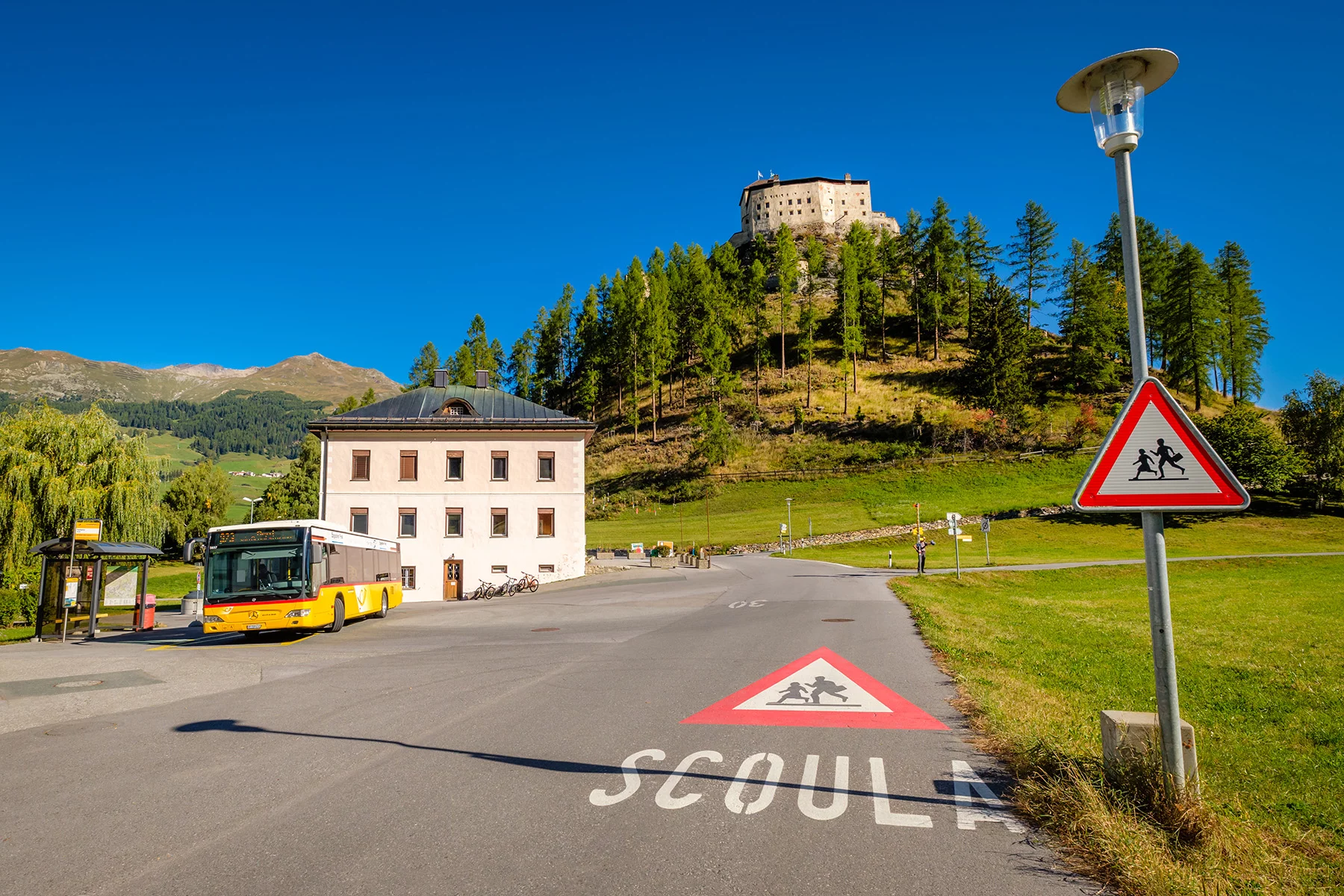
The IB Diploma (for students aged 16 to 19) requires pupils to study the following six subjects over two years:
- Language and literature
- Language acquisition
- Humanities
- Sciences
- Mathematics
- Arts
There are also different courses within each subject group. Additionally, students have to take a course in philosophy, contribute to a creativity, activity, or service program, and write an extended 4,000-word essay.
Universities around the world recognize the IB program as an admission-level qualification, making it popular among international families.
International School Lausanne
As an IB World School, International School Lausanne (ISL) challenges students to acquire skills and attitudes that meet the growing demands of a globalized world. ISL offers Primary Years, Middle Years, and Diploma Programs for children 3–18. Visit the ISL website today and get your child a top Swiss education.
American international schools and the Advanced Placement (AP)
Some international schools in Switzerland offer an American program that leads to a high school diploma. This includes preparation for the College Board SAT exams and prospective students can choose from a selection of Advanced Placement (AP) classes. In addition, they can work towards the entrance qualification for universities in the United States (US), the Advanced Placement International Diploma (APID).
British international schools
Switzerland’s private British international schools follow the UK curriculum, from early years (kindergarten) and primary school right through to upper secondary education. Students can obtain the international equivalent of GCSEs, IGCSEs, and A-Levels. British international schools in Switzerland include:
- British School of Geneva
- British School of Bern
The International GCSE (IGCSE)
The IGCSE is a UK-based qualification that is administered by exam boards such as EDEXCEL, OCR, AQA, WJEC, and CIE. It is the international equivalent of the GCSEs. Students take these during Year 11. The IGCSE qualification requires students to study various subjects, including mathematics, English, science, and humanities.

Students who complete their IGCSEs can study for A-Levels that are recognized by universities in the United Kingdom (UK), North America, and Europe. The A-Level qualification enables students to specialize in elective subjects and develop research and independent study skills they need at university. Notably, good A-Level grades open doors to universities worldwide, including specific courses at US colleges.
Other international schools
Similar to the British and American schools in Switzerland, other international schools also use curriculums that are set by the education authority of their home country. Their native tongue is the instruction language, in addition to English, French, or German. For example, the Swedish School of Geneva is trilingual, with French, Swedish, and English instruction.
Most of these schools offer bilingual education, such as the Kumon Leysin Academy of Switzerland, where classes are taught in Japanese and English. The Japanese Ministry of Education accredits the school, meaning that students are eligible for entry into Japanese universities. However, the school also offers the American College Preparation program.
Religious schools
There are also religious schools in Switzerland, including a network of Catholic schools. These cover every level of education while emphasizing Christian values. In addition, youth chaplains also support students who attend church services, retreats, and meditation sessions.
Method schools
Some international schools in Switzerland take an alternative approach to teaching. For example, there are many Montessori and Steiner-Waldorf schools in the country.
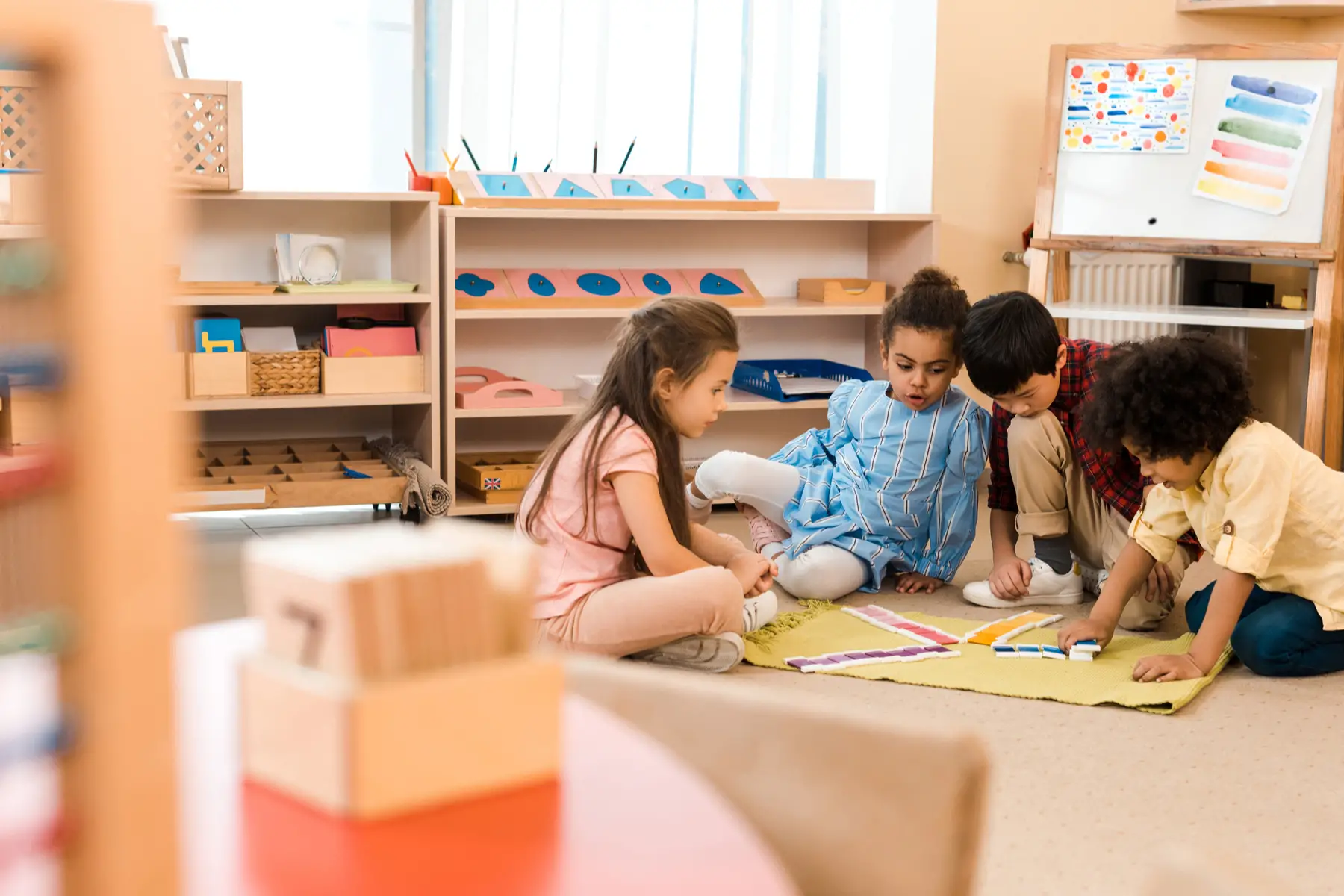
Although these are independent, they fall under the supervision of individual cantons. You can find more information on the Rudolf Steiner Schulen Schweiz and The Association Montessori (Switzerland) websites.
Should you send your child to an international school in Switzerland?
Both local and international schools in Switzerland offer excellent facilities and educational opportunities for students.
However, when deciding between a local or international school for your child, it’s important to consider the following factors:
- Your family’s length of stay in the country
- Your child’s age
- The importance you place on integration into the local culture
- Language preference
- Time tables (e.g., duration of the school day, school holidays)
Naturally, there are advantages and disadvantages to sending your child to an international school.
Advantages
International schools offer a multicultural learning environment with students from all over the world. If our child has already started their education in your home country, they can continue with the same curriculum and learn in their first language at an international school. Alternatively, they can study an international curriculum, such as the globally recognized International Baccalaureate (IB).
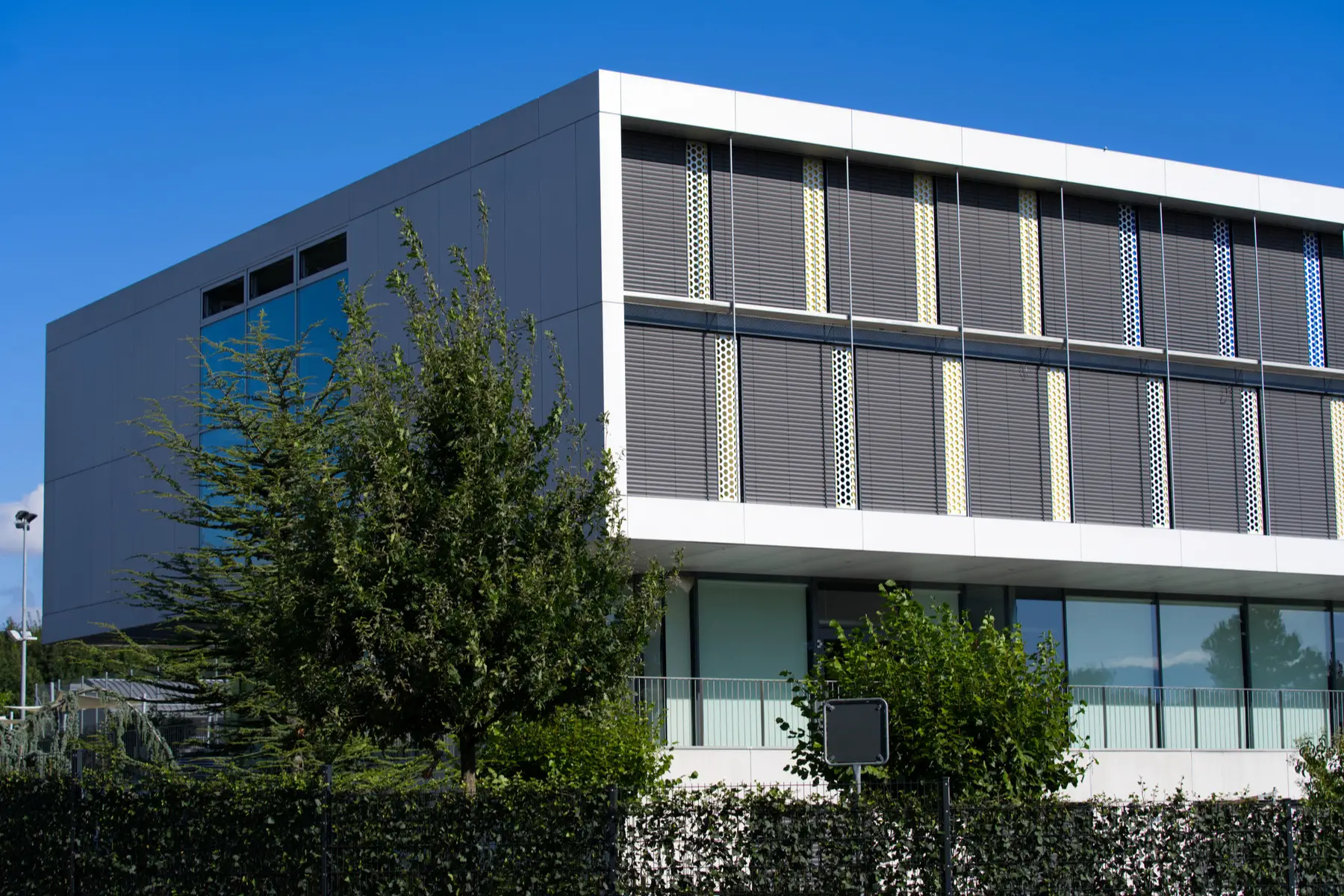
International schools in Switzerland usually teach in English, French, German, or the native language of the school (e.g., Japanese). As a result, students avoid the challenge of having to do coursework in a new language. International schools also have small class sizes and excellent standards of education and facilities. Furthermore, they offer full-day schooling (unlike many state schools), which is convenient for working parents.
Disadvantages
Although you may be able to access scholarships, bursaries, and payment plans, international school fees are expensive. That said, some employers do subsidize these. A school’s admission panel may assess a child’s academic abilities through an entrance test, which can place extra pressure on your child. Additionally, children may integrate less into the local culture and language, as their school peers will be other international children, not Swiss. And finally, most of the international schools in Switzerland are located in major cities, so you might not find one in your area if you live in the countryside.
How to choose an international school
There are many factors to consider when choosing an international school in Switzerland. While most may have sterling reputations, it’s still important to read recent reviews and school inspection reports. It’s also a good idea to find out more about a school’s academic results and the percentage of graduates that continue to higher education.

You should also consider the curriculum on offer at a school. For instance, will it be a good fit for your child and will it grant them access to internationally recognized qualifications? Also, does the school offer the kind of extracurricular activities your child would enjoy? Cost is another factor to think about, although it may be possible to get financial assistance.
If you’re considering sending them to a Swiss boarding school further away from home, how well would they (and you) cope?
Most importantly, don’t forget to make your child part of the discussion, too. After all, they may have strong feelings about where they want to go.
Admission to international schools in Switzerland
While admission procedures vary between schools in Switzerland, it is still wise to apply as soon as possible, as many schools have waiting lists. However, because the student population in international schools is transient, school places become available throughout the year. As a result, your child could gain admission mid-year.
Financial aid and scholarships for international schools in Switzerland
While Swiss public schools are free, private and international schools are among the most expensive in the world. Therefore, you might need financial help when it comes to paying the fees. Student loans are available from private banks and the government, but the application process, repayment terms, and conditions vary by canton. The banks also tend to charge higher interest rates.

The Federal Commission for Scholarships for Foreign Students (FCS) offers most of the bursaries in Switzerland. These include merit-based and athletic scholarships and even bursaries for students from a specific ethnic background, gender, or affiliations.
Students with refugee status or a residence permit are eligible for loans if they meet the financial criteria. You can contact the grants office in your canton for details on how to apply. Of course, grants do not need to be repaid and will cover tuition, travel, school materials, rent, bills, food, and other living expenses.
Useful resources
- State Secretariat for Education, Research and Innovation (SERI) – information on Swiss Government Excellence Scholarships for foreign scholars and artists for 2022 to 2023
- Swiss Group of International Schools (SGIS) – browse 54 member schools of the Swiss Group of International Schools (SGIS)
- Swiss Federation of Private Schools – a useful directory for private schools in Switzerland
- International Baccalaureate – the official website for the IB programs
- International School Parent – detailed information about the IGCSE program
- International Schools Database – database for Switzerland’s international schools
